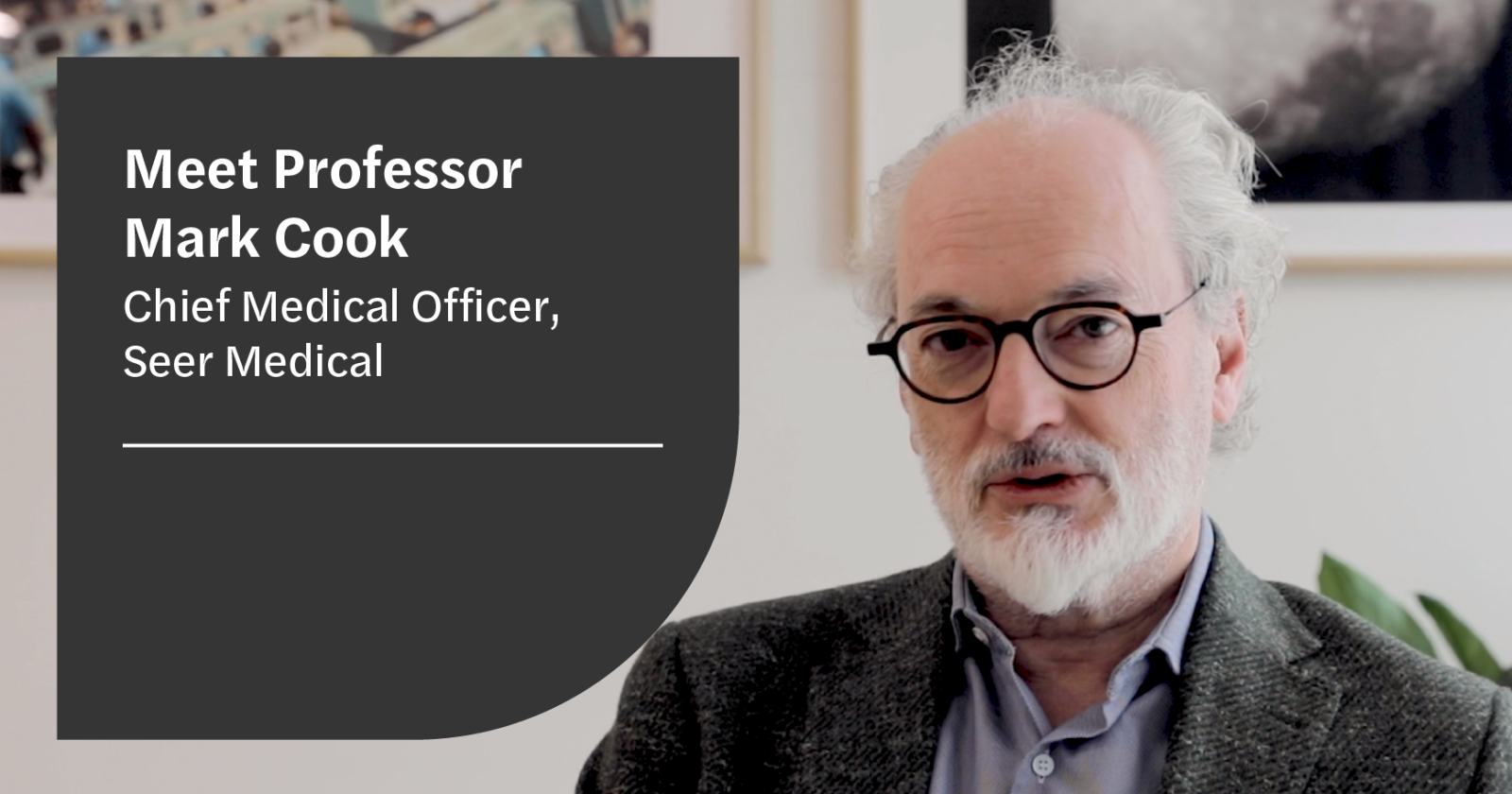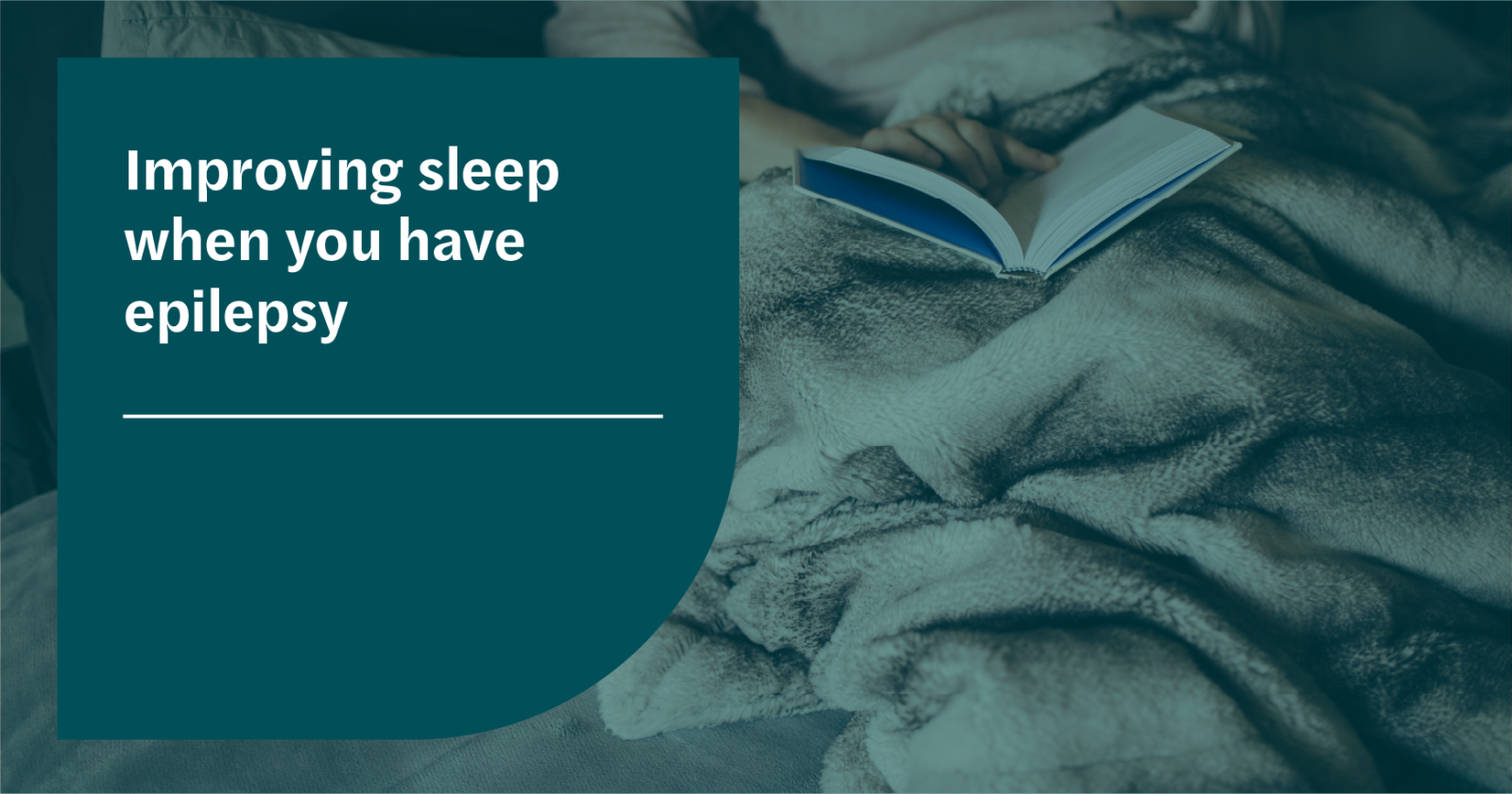Neurologists are specialised physicians that diagnose and treat neurological conditions. In other words, they work with conditions of the nervous system that may affect or start in the brain, spinal column, nerves and muscles. When a general practitioner (GP) suspects that you may have seizure events or epilepsy, for example, they may recommend further consultation…
Category Archives: Seizures and epilepsy
If you are pregnant or planning to have a baby in the future, the health of your baby has probably been a topic, especially if you have epilepsy. There are many things to consider when planning a family, and people who have epilepsy have valid concerns about whether their condition will affect the pregnancy, or…
What is stress? What are the symptoms of anxiety? Is anxiety and stress linked to epilepsy? Can a panic attack cause a seizure? How are anxiety and stress treated? How to decrease your risk of having a seizure due to stress Stress and anxiety are two sides of the same coin. While stress is a…
Updated 02/05/2023 What is a seizure? A seizure is a sudden, uncontrolled electrical disturbance in the brain. The electrical disturbance disrupts the normal function of the brain. As a result, it changes someone’s behaviour, movements, feelings, and can result in altered levels of consciousness. A seizure disorder includes a condition called epilepsy. Epilepsy is a…
Telling one seizure type from another can be confusing to say the least as there are many different types of seizures. All of them can be classified by their ‘onset’ which refers to where in the brain the seizure originates from. Understanding the difference between types of seizure onsets and being able to recognise them…
Professor Mark Cook is an accomplished neurologist, with decades of experience in the field of neurology. He has dedicated his professional life to the research and development of novel therapies for the treatment of epilepsy in the pursuit of a better life for those living with the condition. Professor Cook is the Chief Medical Officer…
We all know that everyone needs to sleep. Without it, we’re not only tired but did you know that lack of sleep puts your health at risk? For the millions of people with epilepsy, this issue is especially important. Sleep disruptions are common for people with epilepsy, which for many is a trigger for seizures….
What is an Ambulatory EEG (AMB EEG) test? What shows up on an ambulatory EEG test? How do I know if I need to get an ambulatory EEG test? What makes Seer Medical’s ambulatory EEG different from others? How to prepare for an ambulatory EEG test The Dos and Don’ts when getting an ambulatory EEG…
As a parent, it’s natural to feel protective of your children. It’s natural to feel nervous about approaching certain topics or unsure of how to explain them. Even so, there will always be new and important things they need to know. Children are curious by nature, and helping them understand difficult topics is often more…
A certain amount of loss in memory and brain function (thinking, reasoning, perception, and learning) is a perfectly normal part of aging. However, there are some signs of memory loss that are not normal and may indicate a more serious issue. If you experience any abnormal memory loss, or have any concerning symptoms, please seek…









